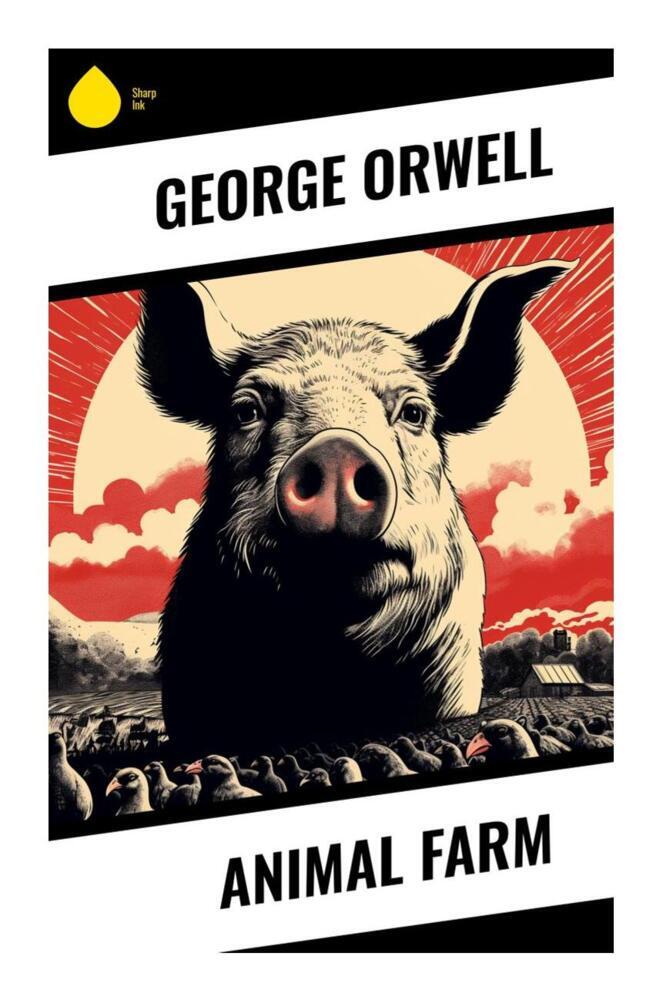
Zustellung: Fr, 29.11. - Mo, 02.12.
Versand in 4 Tagen
VersandkostenfreiBestellen & in Filiale abholen:
In George Orwell's allegorical novella, "Animal Farm," a group of farm animals rises to overthrow their human owner, only to find themselves subjected to a new tyranny. Written in a deceptively simple yet incisive prose, the novella employs a rich tapestry of symbolism to critique totalitarian regimes, drawing direct parallels to the rise of Stalinism in the Soviet Union. As the narrative unfolds, Orwell masterfully exposes the manipulation of language and ideology, illustrating how power corrupts and absolute power corrupts absolutely. The text can be situated within the broader context of 20th-century political dissent, reflecting Orwell's deep skepticism towards authoritarian governance. George Orwell, a writer fiercely committed to social justice, was profoundly influenced by his experiences in the Spanish Civil War and his disillusionment with Soviet communism. This personal history of witnessing the peril of unchecked authority led him to craft this cautionary tale, steeped in his belief in the necessity of democratic socialism. His distinct blend of literary finesse with poignant political commentary renders him one of the most significant voices of his time. "Animal Farm" is essential reading for anyone seeking to understand the dynamics of power, manipulation, and the fragility of human ideals. Its poignant messages resonate through the ages, making it a crucial tool for critical thought, particularly in today's socio-political climate. Readers will find that this timeless narrative not only entertains but also provokes profound reflection on the nature of freedom and oppression.
Produktdetails
Sprache
englisch
Seitenanzahl
56
Autor/Autorin
George Orwell
Verlag/Hersteller
Produktart
kartoniert
Gewicht
97 g
Größe (L/B/H)
229/152/3 mm
ISBN
9788028335182
Bewertungen
0 Bewertungen
Es wurden noch keine Bewertungen abgegeben. Schreiben Sie die erste Bewertung zu "Animal Farm" und helfen Sie damit anderen bei der Kaufentscheidung.









